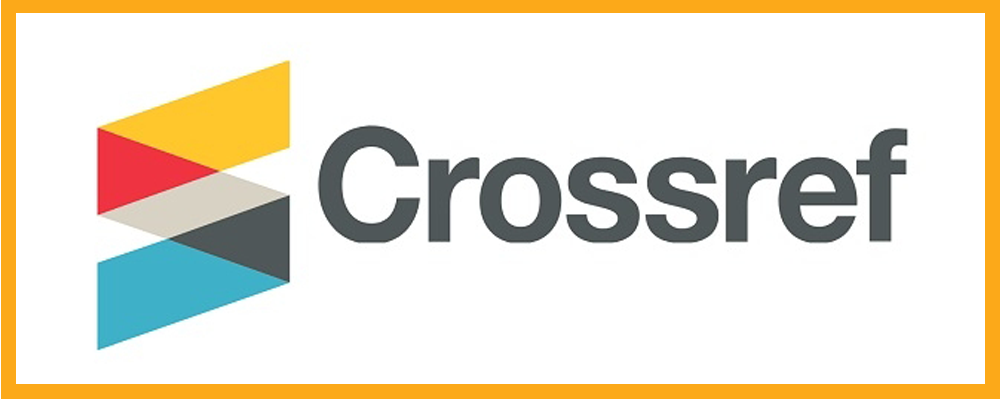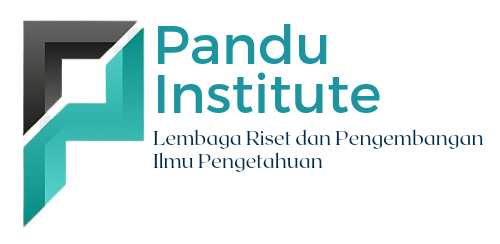MALAIKAT DALAM PERPEKTIF HADIS: ANALISIS KOMPARATIF SYI’AH DAN SUNNI
Abstract
This paper analyzes the role and function of angels in the perspective of hadith
according to the two main schools of Islam, namely Shi'a and Sunni. The main
question raised is how the differences in the sources and methodologies of the hadith
between the two schools affect their understanding of angels. In the Shi'a tradition,
hadith is sourced not only from the Prophet Muhammad (peace be upon him) but also
from the ma'sham imams, who are considered to have the authority to convey religious
teachings. Meanwhile, in the Sunni tradition, the hadith emphasizes more on the
narration of the Prophet Muhammad (peace be upon him) and his companions. This
study compares the views of the two schools on the role of angels in human life,
including their duties such as recording deeds, delivering revelations, and interacting
with humans. This paper uses a descriptive method of analysis, using references from
the main hadith books of the two sects, such as Al-Kafi by Al-Kulaini for Shi'ah and
Sahih al-Bukhari and Sahih Muslim for Sunni, this study provides a comprehensive
overview of how both traditions view and respect the role of angels in Islamic
teachings. In conclusion, despite differences in sources and methodologies, the two
schools agree on the importance of the role of angels in carrying out various tasks
given by Allah Swt., reflecting the diversity of thought in Islam but still in one unity of
faith.
Downloads
References
Al-Kulaini, Muhammad ibn Ya’qub. Al-Kafi, Kitab hujjah, Bab 153. Nomor 1.
Al-Qur’an Kemenag, Diakses Minggu 26 Mei 2024 pada pukul 22:35, https://quran.kemenag.go.id/quran/per-ayat/surah/32?from=11&to=11
Al-Qur’an Kemenag, Diakses Minggu 26 Mei 2024 pada pukul 22:23. https://quran.kemenag.go.id/quran/per-ayat/surah/13?from=11&to=43
Al-Qur’an Kemenag, Diakses Minggu 26 Mei 2024 pada pukul 22:25. https://quran.kemenag.go.id/quran/per-ayat/surah/13?from=11&to=43
Al-Qur’an Kemenag, diakses minggu 26 Mei 2024 pada pukul 22:30. https://quran.kemenag.go.id/quran/per-ayat/surah/8?from=9&to=75
Al-Qur’an Kemenag, Diakses Minggu 26 Mei 2024 pada pukul 21:55. https://quran.kemenag.go.id/quran/per-ayat/surah/2?from=97&to=286
Al-Qur’an kemenag, Diakses Minggu 26 Mei 2024 pada pukul 21.50. https://quran.kemenag.go.id/quran/per-ayat/surah/50?from=17&to=18
Al-Qur’an Kemenag, Diakses Minggu 26 Mei 2024 Pukul 21:48 https://quran.kemenag.go.id/quran/per-ayat/surah/35?from=1&to=45
Dewi, Oki Setiana. “Syiah: Dari Kemunculannya Hingga Perkembanganya Di Indonesia.” Jurnal Online Studi Al-Qur’an 12, no. 2 (2016): 217–37. https://doi.org/10.21009/jsq.012.2.06.
Jayana, Thoriq Aziz. “Studi Syiah: Dalam Tinjauan Historis, Teologis, Hingga Analisis Materi Kesyiahan Di Perguruan Tinggi Islam.” Akademika 16, no. 1 (2022). https://doi.org/10.30736/adk.v16i1.855.
Miftahul rahmah. “‘Konsep Malaikat Dalam Tafsir Al-Manar Menurut Muhammad Abduh Dan Rasyid Ridha.’” jember, 2019. http://digilib.uinkhas.ac.id/20350/1/Miftahul Rohmah_U20151035.pdf.
Muhammad Husein Thabathaba’i. Al-Mizan Fi Tafsir Al-Qur’an. Qom: Islamic Publications Office, n.d.
Muslim ibn al-Hajjaj. Shahih Muslim, Hadis No. 632. Beirut: Dar Ihya’ al-Turath al-Arabi, n.d.
Winda Sari. “‘Hadis Syiah: Analisis Metodologis Kitab Usul Al-Kafi Karya Muhammad Bin Ya’qub Al-Kulaini.’” 2021.







.png)







